Historical Figures in American History: American history is marked by the contributions of numerous influential leaders, activists, and innovators. These figures have shaped the nation through their actions, ideas, and legacies. This document provides profiles of key historical figures and examines their impact on American society and culture.
Biographies of Influential Leaders

George Washington (1732-1799)
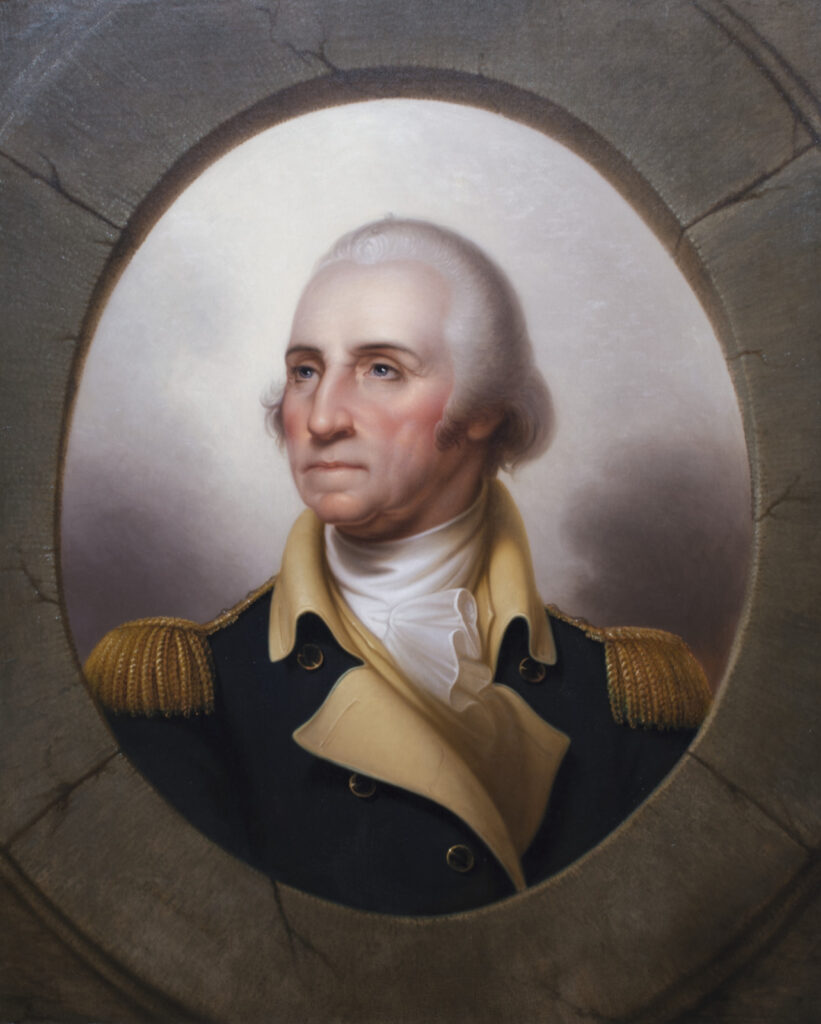
George Washington, one of the Historical Figures of USA and the first President of the United States, played a crucial role in the founding of the nation. He served as the commander of the Continental Army during the American Revolutionary War and was instrumental in securing independence from British rule. Elected as president in 1789, Washington set many precedents for the office, including the formation of a Cabinet and the two-term limit.
His leadership style emphasized unity and integrity, earning him the title “Father of His Country.” Washington’s legacy includes the establishment of a strong federal government and the promotion of civic virtue. His Farewell Address warned against political parties and foreign alliances, influencing American political thought for generations.
Abraham Lincoln (1809-1865)
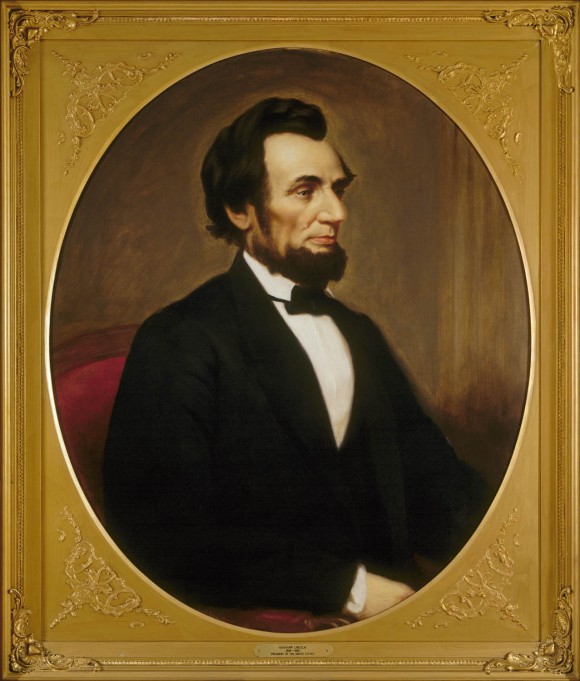
Abraham Lincoln, the 16th President, is best known for leading the country during the Civil War and for his efforts to abolish slavery. His Emancipation Proclamation in 1863 declared the freedom of all enslaved people in Confederate-held territory, marking a turning point in the war and American history.
Lincoln’s leadership during one of the nation’s most turbulent times helped preserve the Union and laid the groundwork for civil rights advancements. His legacy is celebrated for promoting equality and justice, culminating in the passage of the 13th Amendment. Lincoln’s speeches, particularly the Gettysburg Address, continue to resonate as powerful affirmations of democratic ideals.
Susan B. Anthony (1820–1906)

Susan B. Anthony was a prominent activist in the women’s suffrage movement. She co-founded the National Woman Suffrage Association and played a pivotal role in advocating for women’s right to vote. Anthony traveled extensively, giving speeches and organizing campaigns to raise awareness about gender equality.
Although she did not live to see the passage of the 19th Amendment in 1920, which granted women the right to vote, her tireless efforts laid the foundation for future generations of activists. Anthony’s legacy continues to inspire movements for women’s rights and social justice, and her image is featured on the U.S. dollar coin, symbolizing her enduring impact.
Martin Luther King Jr. (1929–1968)
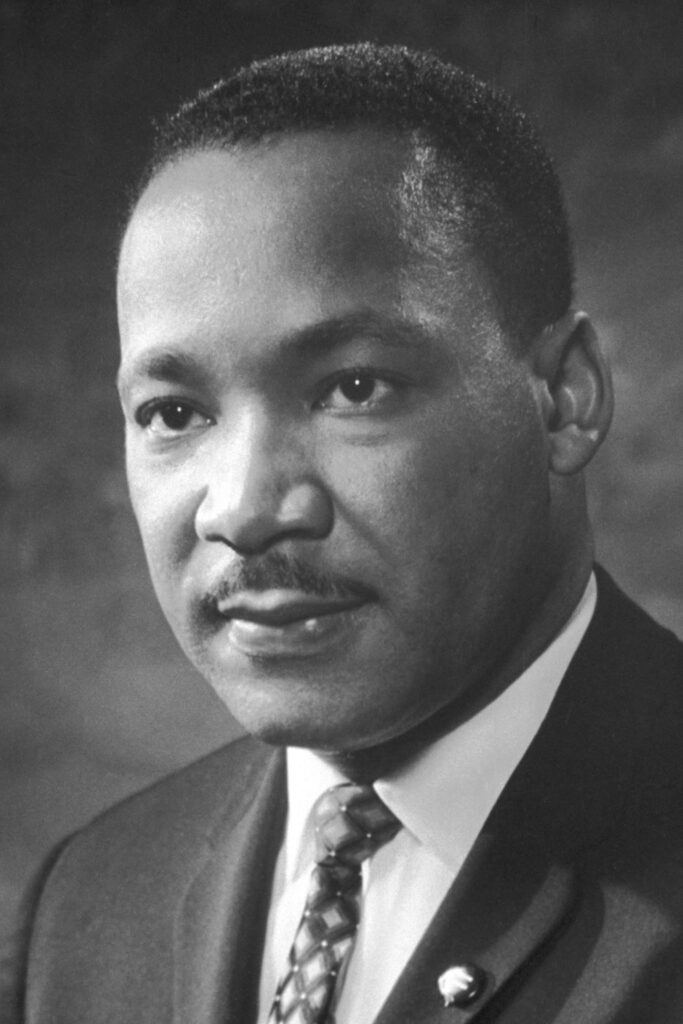
Martin Luther King Jr. was a key leader in the American civil rights movement. His philosophy of nonviolent resistance and his powerful oratory galvanized the movement to end racial segregation and discrimination. King’s leadership during events such as the Montgomery Bus Boycott and the March on Washington, where he delivered his iconic “I Have a Dream” speech, highlighted the struggle for civil rights.
King’s legacy is marked by his commitment to equality and justice, and he remains a symbol of the fight against racial injustice in America. His work contributed to significant legislative changes, including the Civil Rights Act of 1964 and the Voting Rights Act of 1965. King’s message of love and nonviolence continues to inspire social movements worldwide.
Thomas Edison (1847-1931)
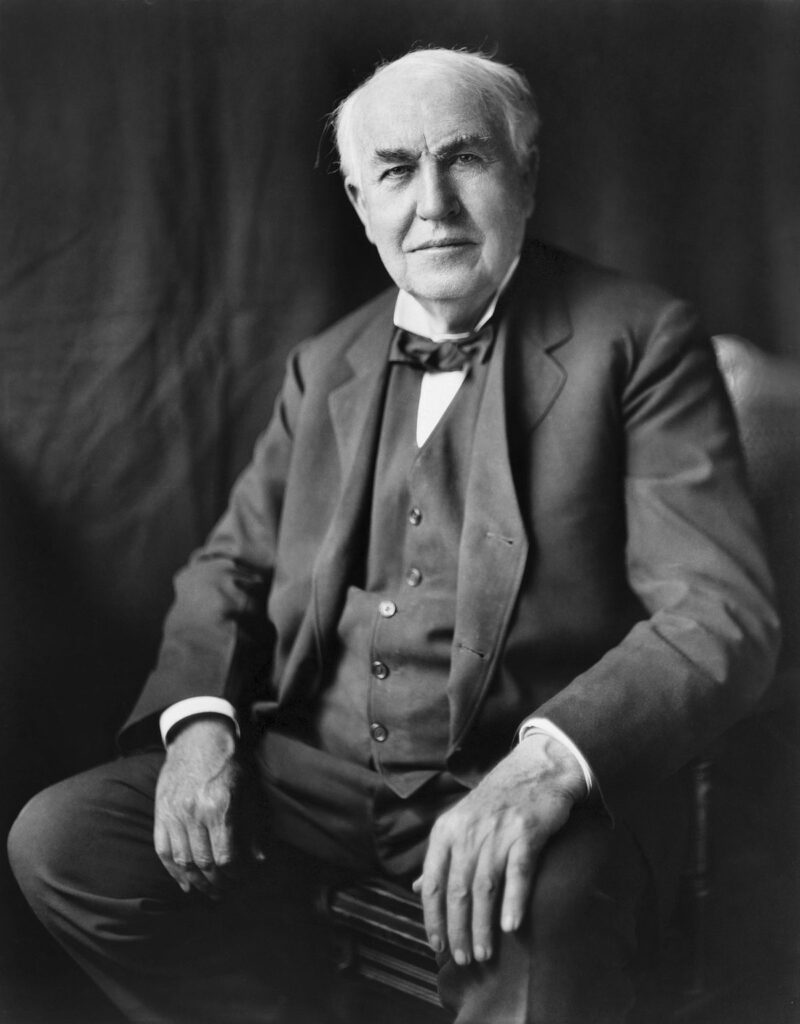
Thomas Edison was an American inventor and businessman, best known for his contributions to the development of the electric light bulb, phonograph, and motion pictures. Edison’s innovative spirit and numerous patents transformed various industries and significantly impacted daily life.
His establishment of the first industrial research laboratory laid the groundwork for modern research and development practices. Edison’s legacy includes his role in shaping the technological landscape of the 20th century and beyond. His approach to innovation emphasized collaboration and systematic experimentation, influencing how inventions are developed today.
Eleanor Roosevelt (1884-1962)

Eleanor Roosevelt was a prominent political figure, diplomat, and activist, serving as First Lady from 1933 to 1945. She redefined the role of the First Lady by actively engaging in social issues and advocating for human rights. Roosevelt was a key supporter of the New Deal and worked tirelessly to address poverty, racial discrimination, and women’s rights.
After her husband’s presidency, she continued her advocacy work as a delegate to the United Nations, where she played a crucial role in drafting the Universal Declaration of Human Rights. Eleanor Roosevelt’s legacy is one of compassion and commitment to social justice, inspiring future generations of activists and leaders.
Legacy and Impact

Shaping Democracy
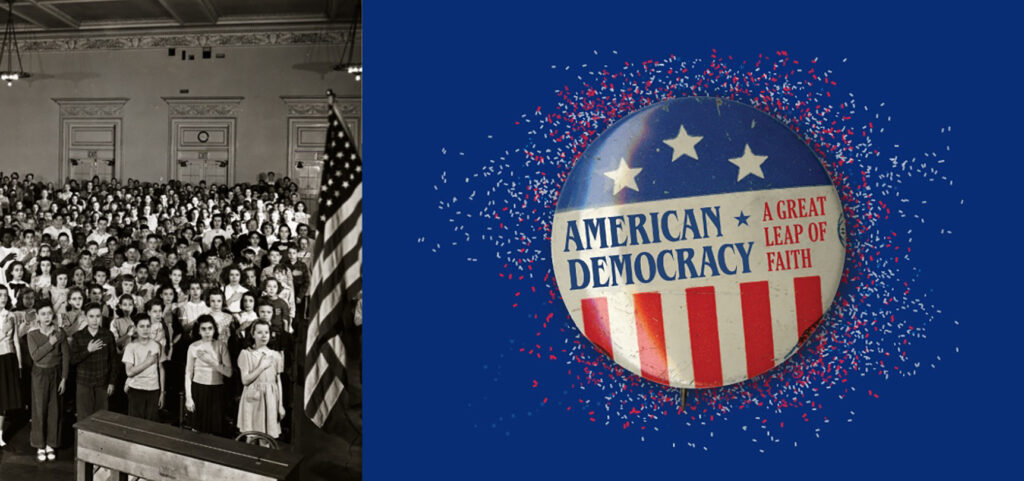
Figures like George Washington and Abraham Lincoln played critical roles in shaping American democracy. Washington’s leadership set the tone for the presidency, while Lincoln’s commitment to preserving the Union and promoting equality fundamentally altered the nation’s trajectory. Their legacies are foundational to the principles of democracy and governance in the United States.
Advancing Civil Rights
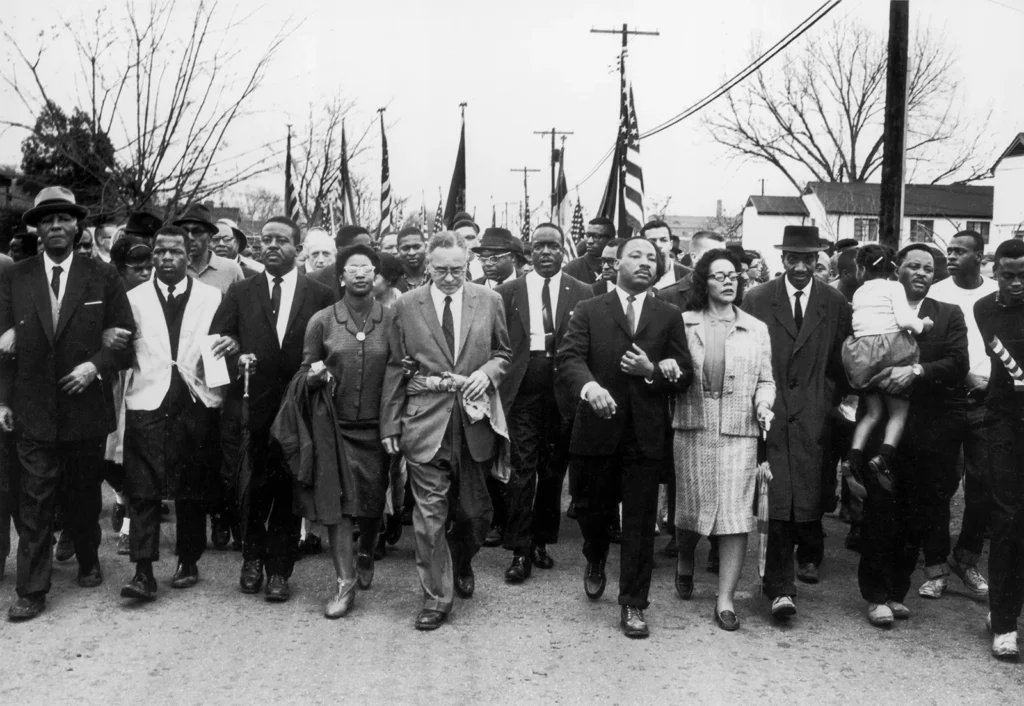
Activists such as Susan B. Anthony and Martin Luther King Jr. were instrumental in advancing civil rights for marginalized groups. Their efforts not only led to significant legislative changes but also inspired future generations to continue the fight for equality and justice. The impact of their work is evident in ongoing movements advocating for civil rights and social equity.
Innovating Technology
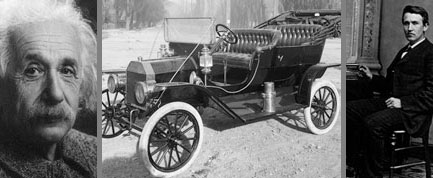
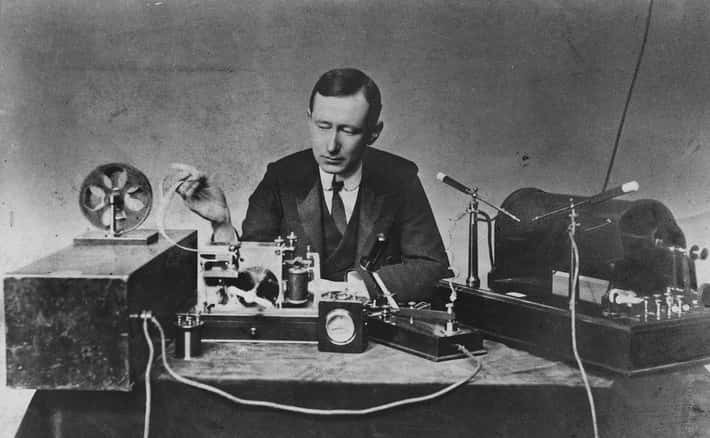
Innovators like Thomas Edison transformed American society through technological advancements. Edison’s inventions revolutionized industries, improved quality of life, and laid the foundation for the modern technological landscape. His legacy of innovation continues to drive progress in various fields, from energy to entertainment.
Cultural Influence
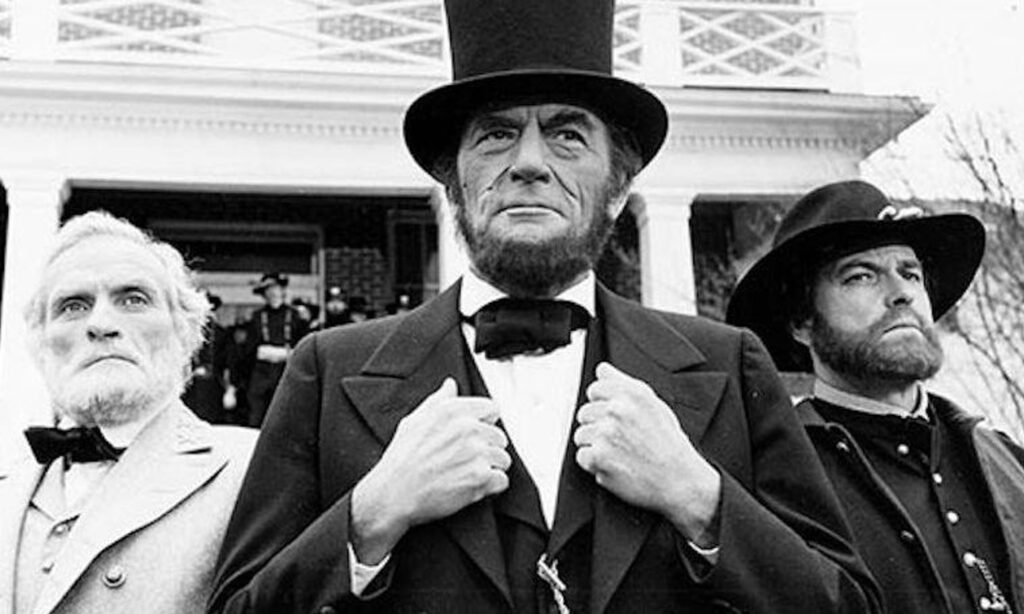
The contributions of these historical figures extend beyond politics and technology; they have also shaped American culture and identity. Their legacies continue to influence contemporary discussions on democracy, civil rights, and innovation, highlighting the enduring impact of their lives and work. Figures like Eleanor Roosevelt have also expanded the conversation around gender and social justice, making their contributions relevant in today’s context.
Global Impact
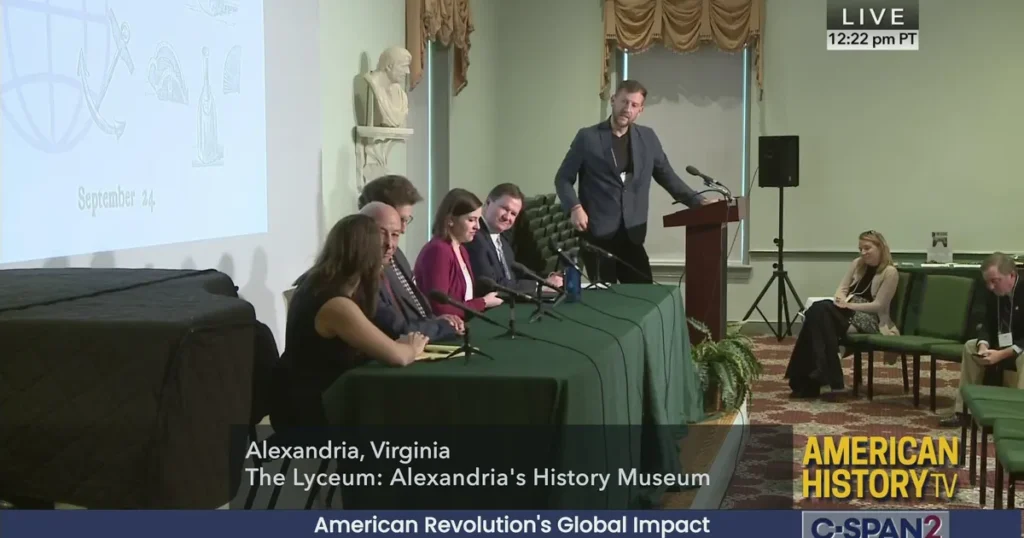
The influence of these leaders extends beyond American borders. Martin Luther King Jr.’s philosophy of nonviolence inspired global movements for peace and justice, while Eleanor Roosevelt’s work on human rights has had a lasting impact on international law and humanitarian efforts. Their legacies remind us that the struggle for justice and equality is a universal endeavor.
Conclusion
The historical figures discussed in this document have profoundly shaped American history through their leadership, activism, and innovation. Their legacies continue to inspire and influence current and future generations, reminding us of the importance of courage, perseverance, and the pursuit of justice and progress. Understanding their contributions is essential to appreciating the complexities of American history and the ongoing journey toward a more equitable society.


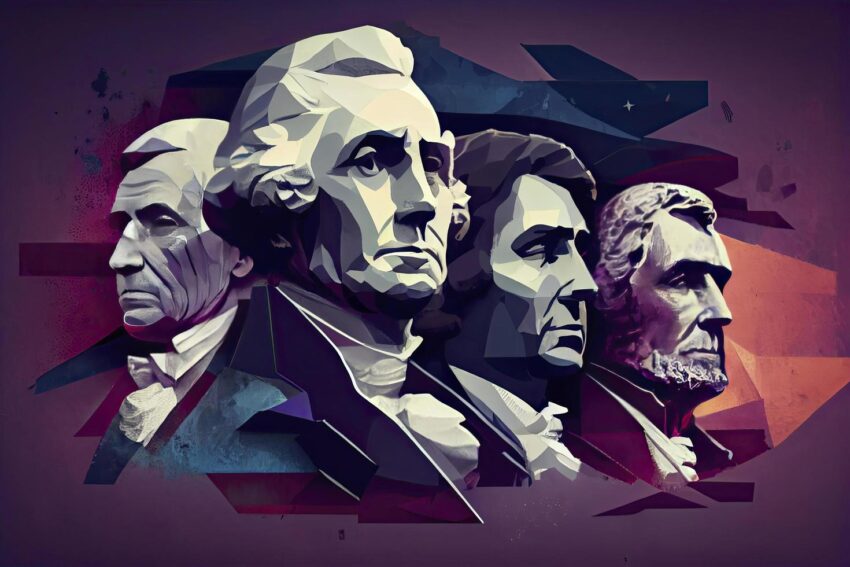
1 thought on “HISTORICAL FIGURES IN AMERICAN HISTORY”